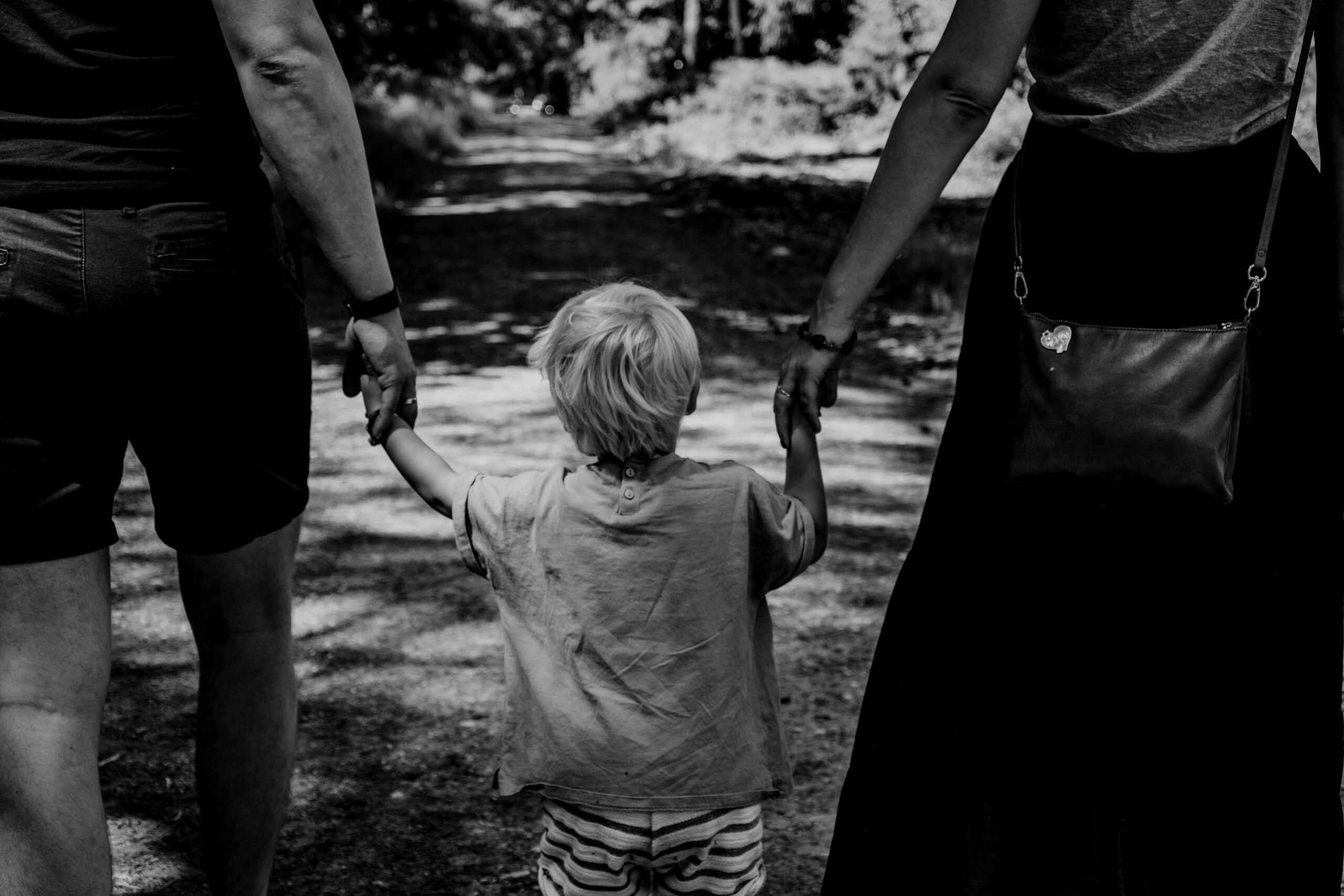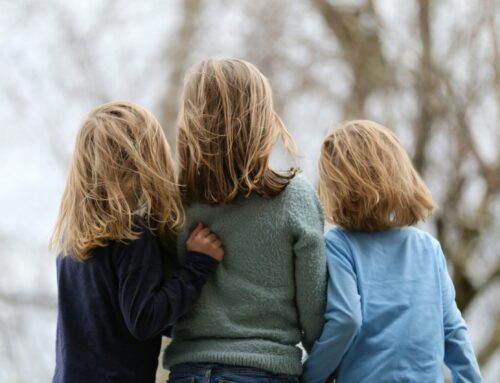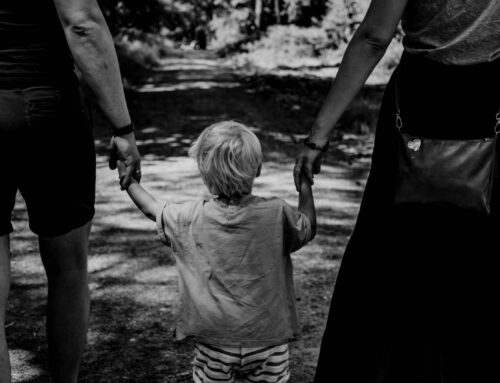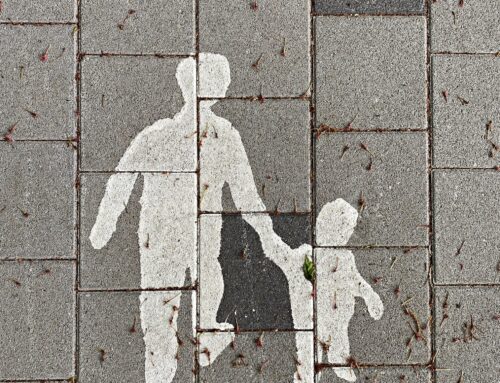A child-centered divorce is when the parents and their professional advocates put the needs of their children at the center of their decision-making during and after their divorce. Parents place their children’s needs and factors that support their adjustment as their highest priority. Keeping parental conflict low helps children’s divorce adjustment and ongoing well-being. Choosing a non-adversarial divorce process can help reduce conflict between parents.
Mediation and collaborative divorce are two non-adversarial divorce process options. Both of these options occur outside of the courts. Both of these processes focus on parents coming to agreements that best suit their children and family with the help of professionals. Studies suggest that parents that come to their own agreements about their divorce, their children, and their family are less likely to have later disputes about their settlement. When parents maintain control of their decision-making regarding their children, they create more durable and sustainable agreements than when they go to court and have a judge make the decisions. Mediation and collaborative divorce are processes guided by client goals, mutual respect, and transparency. Such processes help clients maintain control over decisions affecting their families and reduce mistrust, fear, and suspicions that can breed in the adversarial process of litigation. Parents working together to create agreements about their children is good for children and therefore, child-centered.
Mediation may involve just one attorney or other non-attorney mediator, or may involve co-mediation where an attorney mediator and a mental health or financial mediator work together. A mental health mediator can help parents stay focused on the needs of their children as they discuss and agree upon a parenting plan. A financial mediator can help parents explore a variety of options for their asset division that creates the best financial possibilities for both parties.
Collaborative Divorce includes attorneys and other allied professionals trained in collaborative divorce and the use of alternative dispute conflict resolution techniques to help people come to agreements. The International Academy of Collaborative Professionals defines the process as “Collaborative Practice is a unique and voluntary dispute resolution model which offers families the opportunity to reduce the negative impacts of separation by working proactively and cooperatively with teams of specially trained Collaborative legal, financial, and mental health professionals who educate, support, and guide couples to make their own lasting and respectful resolutions, without resorting to litigation or the intervention of judges, or court personnel.”
Each parent has their own attorney in a collaborative divorce and the team may also choose to have a financial specialist, a child specialist, and/or a mental health specialist be part of the team helping them divorce in a peaceful way. A child specialist can talk with the children and represent their voices and needs to the team. A mental health specialist can help parents manage their strong feelings so that they are able to stay focused on their highest values and their children’s needs. A mental health specialist can also help parents begin to learn new ways of interacting as effective co-parents, with an ability to communicate, collaborate, and keep conflict low on behalf of their children.
Picking a divorce process that is non-adversarial and helps parents make agreements is child-centered. Mediation and collaborative divorce prioritize respectful and transparent communication and peaceful conflict resolution. These are values and skills that help parents keep conflicts low and prioritize the needs of their children as they resolve their disputes.
For more information on mediation go to https://ormediation.org/
For more information on collaborative divorce go to https://pdxcollaborativedivorce.com/ and https://www.collaborativepractice.com/
And congratulations to IACP, the International Academy of Collaborative Professionals for being nominated for the Nobel Peace Prize! This honor acknowledges the peacekeeping work the IACP does to support non-adversarial and respectful means of conflict resolution for families. Now that’s child-centered!






